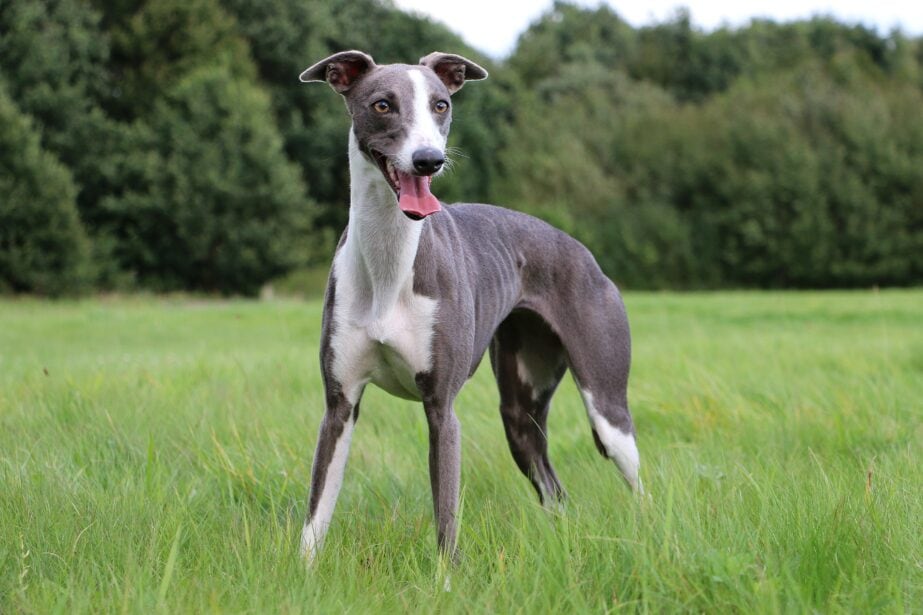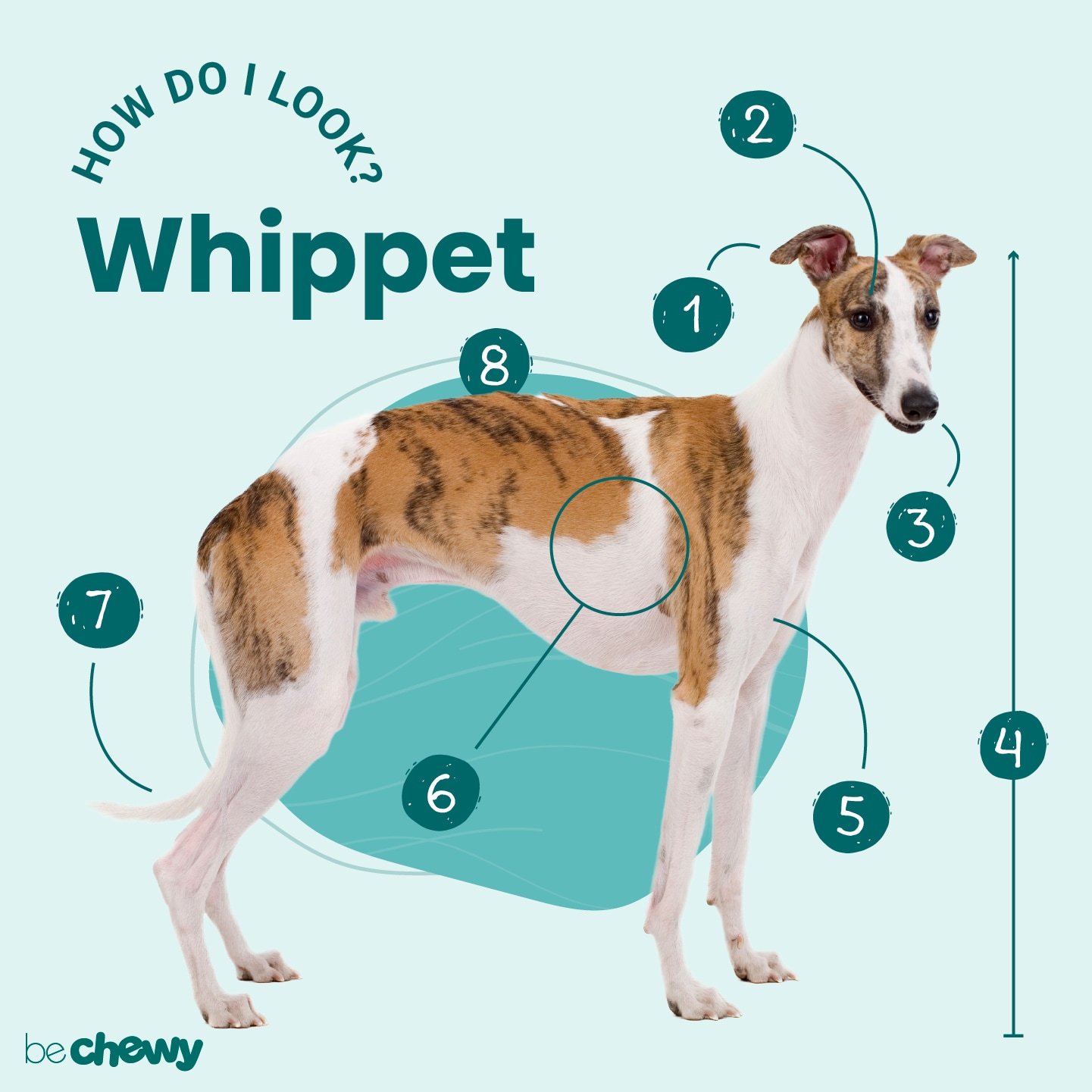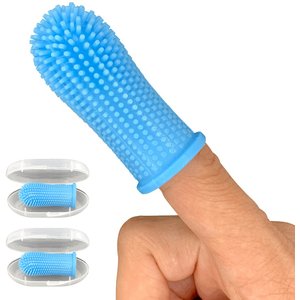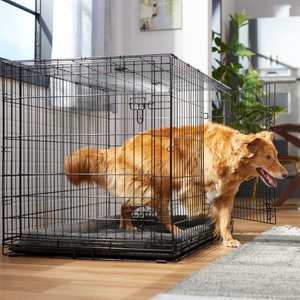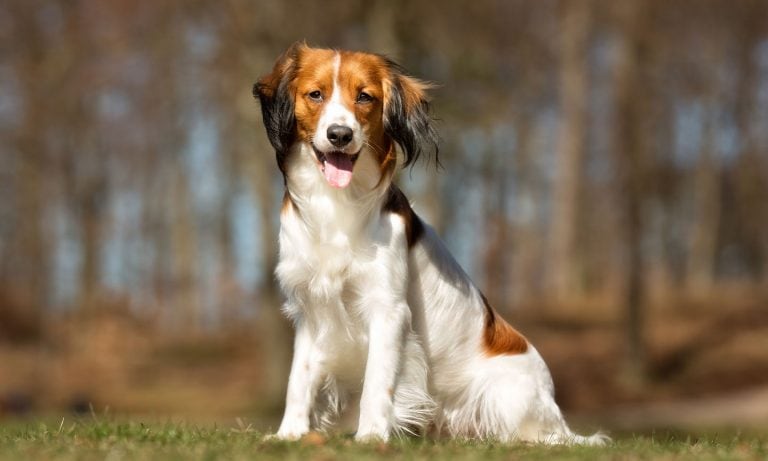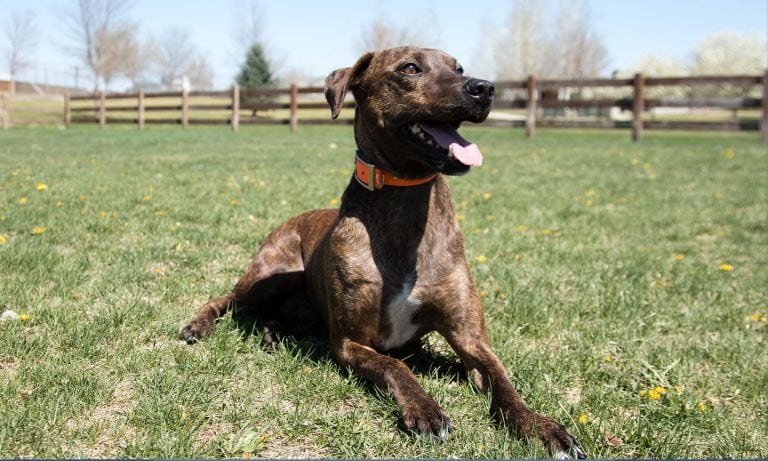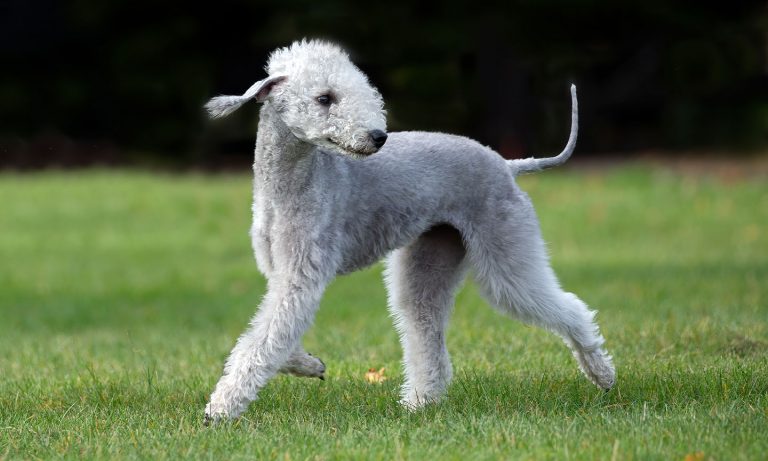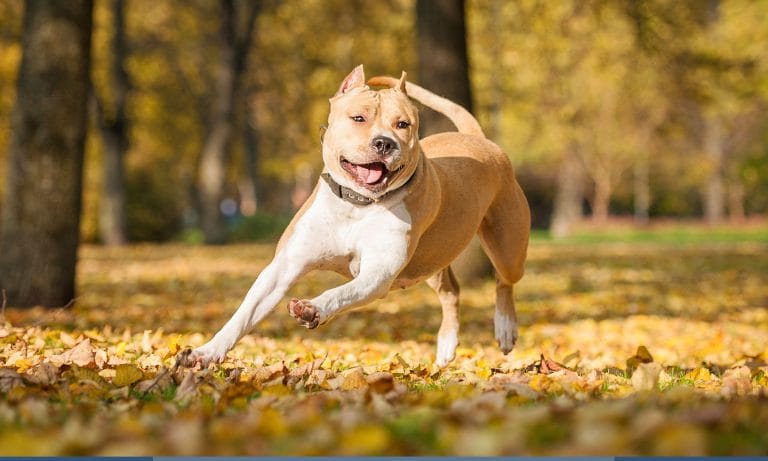Whippets love to run. When they’re not running, they’re thinking about running. And when they’re done running—they’re dreaming about running. But that doesn’t mean you need to love running like they do. They’re perfectly happy to have you cheer them on from the sidelines. And when you meet them in the winner’s circle, they’re more than ready to celebrate with you. But you can forget the cold drinks. Their idea of celebrating is snuggling down to catch some ZZZs while you catch a flick.
Breed Snapshot
Temperament:
SocialIntelligentAthleticCoat Color:
FawnCreamBlackBlueWhiteRedBlue BrindleBlue FawnFawn BrindleWhite And FawnWhite And RedRed BrindleWhite And Blue FawnWhite And BlackWhite And BlueWhite And Blue BrindleWhite And Red BrindleWhite And Fawn Brindle
Best For
Whippets are graceful, gentle pups who need to run—a lot. But with minimal grooming requirements and a friendly nature, these dogs can fit perfectly into active families seeking a versatile, low-maintenance pet.
Whippet Temperament
Whippets love being with people and aren’t shy when greeting visitors at your door or while out on a walk. So, if you’re looking for a guard dog, look elsewhere—Whippets rarely bark, rarely bite and will welcome intruders. They love kids, especially those who treat them with respect (as all children who live with dogs should be taught to do). And because these gentle dogs love people and they’re smaller in size, they make excellent therapy dogs for nursing homes and hospitals.
Because they are so social, the Whippet dog breed may struggle with separation anxiety and may not take to crate training. If you have to be away for several hours, check them into doggy daycare or arrange for a neighbor to stop by and play with them.
Whippet dogs are smart and crave mental stimulation. They’re not as eager to learn as a Border Collie, but they have an instinct for hunting, so they have a natural intelligence when it comes to playing tracking games and giving chase. Pet parents often describe Whippets as clever, bright and quick to learn. As you train them, remember Whippets are soft-natured and have a sensitive side, and these qualities mean they need to be trained with gentleness.
You might be able to teach a Whippet to play nice with cats and other small animals, but they do have the tendency to chase. (They are lovers of a good pursuit after all!) Their instincts can kick in even with a well-known feline.
How to Care for a Whippet
The Whippet dog breed is laid-back and pretty easy to care for, with their minimal grooming needs and general good health. While they’re pretty chill figuratively speaking, they don’t do well in actual cold weather, so instead of stocking up on grooming supplies, you may find yourself buying a dog wardrobe of coats and sweaters. One thing they’re not relaxed about? Their desire to run. Whippets are high-energy dogs, so you’ll need to provide them with plenty of opportunities for exercise and stretching those legs.
Whippet Health
Whippets have a life expectancy of 12 to 15 years, and while they’re generally a hardy, athletic breed, as with any dog, there are some health problems to watch for, including certain genetic conditions. A reputable breeder will test for those, so be sure you get a copy of the results. If you’re adopting your pup, get a copy of the vet wellness exam. It’s good to know information on some of these issues so you can help keep your Whippet puppy as healthy as possible.
- Blindness: Whippets can have a condition called corneal dystrophy, where small white crystal deposits form in their corneas. It progresses slowly, and there’s no pain with it. Unfortunately, there’s also no treatment to remove these deposits. Another concern is a heredity disease called progressive retinal atrophy, which causes dogs to go blind. This condition, like corneal dystrophy, doesn’t cause pain, but there’s no treatment. Still, your Whippet can lead a near-normal life with a few modifications and support from your veterinarian.
- Thyroid Problems: Whippets are at a higher risk for hypothyroidism, a condition in which their body doesn’t make enough thyroid hormone. Your veterinarian will give a full exam, including bloodwork for testing their thyroid hormones. Treatment varies, but in most cases, it just involves a daily hormone medication.
- Deafness: This breed is more prone to inherited deafness. If you think you’re pup may have hearing issues, contact your veterinarian, who will give your dog a thorough exam to make sure they don’t have something else, such as an ear infection. If your pet’s ears appear normal, but it seems like they can’t hear you, you’ll want to address this with your veterinarian.
- Gastric Dilatation and Volvulus (GDV): This is a displacement and twisting of the stomach, leading to gas build up and tissue damage which is a life-threatening emergency in dogs. GDV is most commonly observed in large breed dogs, but with a Whippet’s deep chest, they are also vulnerable to this condition. Discussing preventative measures with your veterinarian, ensuring your dog is rested after eating and maintaining overall health can aid in lower risk.
- Von Willebrand Disease: This is a blood clotting disorder that is passed on to a Whippet puppy from their parents (so dogs should be tested before being used in a breeding program). Signs of Von Willebrand Disease include prolonged clotting time after any cut or scrape, blood in the urine or feces, or oral bleeding. Early detection can be performed with a DNA test of cheek cells or a blood test to identify clotting factors.
- Mitral Valve Disease: This condition affects the mitral valve located on the left side of the heart. Changes to this valve can lead to thickening of the left side of the heart, heart enlargement and back flow of blood. Symptoms include exercise intolerance, coughing, increased respiratory effort, difficulty getting comfortable and lethargy. Your veterinarian can help monitor any progression of the disease with routine examinations to detect any heart murmur linked to the mitral valve, grading the murmur for severity, x-rays, echocardiogram and even bloodwork to detect strain/damage to the cardiac muscle.
Whippet History
Whippets didn’t get their name until the mid-1800s, but they’ve probably been around for hundreds, if not thousands of years. Their origins appeared in paintings and sculptures throughout the Middle Ages and the Renaissance, and they resemble small Greyhounds. In fact, several hundred years ago in Great Britain, people who couldn’t afford Greyhounds would keep Whippets, which is how they earned their nickname “the poor man’s Greyhound.”
Historically, Whippets were used for hunting rabbits in open fields, where their speed and love of the chase came in handy. They didn’t need to rely on tracking or scent because they relied on sight. This instinct was perfect for rag-racing, aka what is now known as lure coursing. The sport became so popular that this breed started exploding in popularity.
When people immigrated from Europe in the 19th century, the Whippet started showing up in New England states, and rag races became the rage in America as well. And in 1888, the American Kennel Club recognized the Whippet.
So, where is the best place to find Whippet puppies today? Check out the list of reputable breeders on the American Kennel Club website. The price for Whippet puppies depends on the breeder, but you can expect to spend $1,000 and $2,500. For this, you’ll likely get a puppy who’s been screened for health and temperament issues and may come with pedigree papers. You can also find Whippet rescue organizations to adopt a Whippet, check out your local animal shelter, or search Chewy’s database of adoptable dogs in your area.
FAQs
Do Whippets shed?
Yes, Whippets shed; however, it’s minimal compared to other dogs. They really only need weekly brushing to keep your couches free of tiny hairs.
Do Whippets bark?
Whippets are not big barkers. They’re known to alert you when someone rings the doorbell, but they aren’t a very vocal breed. In fact, they are pretty quiet dogs.
Are Whippets good pets?
Yes! Whippets are good pets. They love being around people and do well in a household that will give them plenty of exercise along with opportunities to be lazy and stretch out on the couch. They are great with kids, but often need a home without cats due to their overwhelming desire to chase.
Are Whippets smart?
Whippets are smart dogs, but they might be a bit strong-willed when it comes to obedience training. They master skills quickly but were bred to hunt without direction from people. They’re independent but are very capable of learning manners and basic commands. They learn best with a gentle hand and lots of praise.
What are the most common Whippet mixes?
- Whippet-Lab mix (Whipador)
- Whippet-Chihuahua mix (Chippet)
- Whippet-Greyhound mix (Whippet-Greyhound)
- Whippet-Pit Bull mix (Pit Whip)
- Whippet-Border Collie mix (Whippet-Border Collie)
- Whippet-Beagle mix (Whipbeagle)
Note: These are not purebred dogs but mixed breeds.

Top Takeaways
Whippets are affectionate, social pets who make excellent family dogs. They need several high-energy exercise sessions where they can run, run, and run; then they’re good to spend the rest of the day lounging on your couch or in bed. They are low maintenance when it comes to grooming and are one of the healthier breeds. They make great companions and love making new friends, both human and other dogs.
Expert input provided by Dr. Antje Joslin, Veterinarian for Dogtopia, Matt Beisner, CPDT-KA, Host of ‘Dog: Impossible’ on Nat Geo WILD and Disney+, and Dr. Lisa Costello, DVM and Board of Directors for both the American Whippet Club and the Whippet Health Foundation.
Breed characteristic ratings provided by veterinarian Dr. Sarah J. Wooten, DVM, CVJ, a veterinarian at Sheep Draw Veterinary Hospital in Greeley, Colorado; dog trainer and behavior consultant Irith Bloom, CPDT-KSA, CBCC-KA, CDBC, owner of The Sophisticated Dog, LLC, in Los Angeles; and certified animal behavior consultant Amy Shojai, CABC, in Sherman, Texas.
The health content was medically reviewed by Chewy vets.

Search for Adoptable Whippets Near You
Female Names
- Luna
- Zoey
- Sadie
- Bella
- Piper
- Winnie
- Stella
- Daisy
- Rosie
- Willow
Male Names
- Finn
- Winston
- Dash
- Devo
- Enzo
- Arlo
- Henry
- Blue
- Loki
- Milo
Share:



